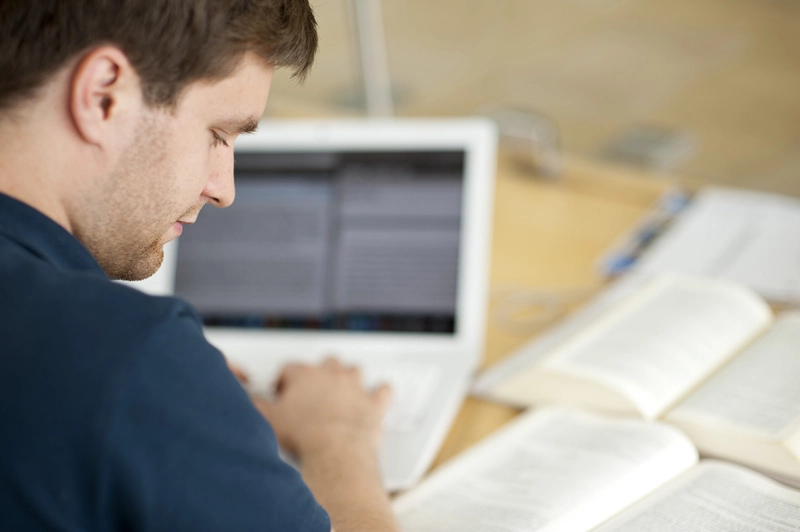Dear teachers,
since yesterday, students have access to WISEflow. In addition I would like to provide you with the following information:
1. The Corona statutes were published yesterday. You can find it in the Moodle room OLS2020 as well as under this link: https://www.uni-erfurt.de/fileadmin/Hauptseiten/Studium/Hochschulrecht/Satzungsrecht_UE/Satzung_Corona-Pandemie/Coronasatzung_UE_2020-06-30__2020-06-26.pdf (german only)
2. Relating thereto electronic online exams at the University of Erfurt can and may only be conducted with the WISEflow examination system. Although ,oodle is an excellent learning platform at the University of Erfurt, it is not suitable for exams and is not permitted.
One of the main reasons why we have chosen the WISEflow examination system is that it prevents students from losing their exam results. Every activity is stored on the local computer and uploaded to the UNIwise servers at the next opportunity. Universities that have been using the system for five years confirm that not a single electronically written exam has been lost on the way from the local computer to the server and also on the server, even if the local computer had to be completely shut down and rebooted.
Scenarios for the exam
1. Supervised exam: If you are writing the electronic online exam analogous to a supervised presence exam where the use of aids is not permitted or specifically restricted, in WISEflow you use either FLOWmulti with lockdown browser and face recognition or FLOWlock with integrated lockdown browser and face recognition.
2. Open book exam: If you decide to write an exam where the time frame is limited, but students can use all tools, use either FLOWmulti or FLOWassign without lockdown browser in WISEflow.
3. Oral examination: For the oral online exam you can use the three video conferencing systems used at the University of Erfurt: WebEx, BigBlueButton or AdobeConnect.
4. Written work: You can have students submit homework and other written forms of examination in WISEflow via FLOWhandin or FLOWassign.
The two flow types FLOWlock and FLOWassign include an automatic plagiarism check with CERTIFICATE.
Notes on online exams
1. In the Moodle room we have provided a synopsis on legal aspects that are relevant for the concrete implementation of the online exams in the thematic block "Online Exams" as a support for you. You will also find templates for the examination protocol and the documentation of the plausibility checked by a second examiner.
2. In order to be able to better estimate the number of students for whom places for a supervised electronic exam are available in the room that has been assigned to them via the course catalogue, Department 1: Registrar‘s Office has prepared an overview. Next week (starting July 6th), updated seating plans will be available in addition to this overview: https://sulwww.uni-erfurt.de/PublicServices/RaumPlaene/RaumBelegung.aspx
3. For large lectures, it is recommended to ask the students directly in the lectures Moodle room about the way they are writing the online exams instead of triggering numerous mails (and having to read them ;-) For this solution, you will find a secure Moodle query, including instructions on how to import it into your Moodle room, in OLS2020.
4. Some colleagues have asked for a way for examiners to communicate with teachers in supervised exam mode. We recommend setting up a chat in Moodle and allowing it under the external resources of the FLOWlock. You will also find instructions for this in OLS2020. This direct communication can also be used to prevent misunderstandings about students being absent from the computer during the online exam. Even if the connection in the lockdown browser is lost the examinee can contact the supervisor.
Please be sure that I am aware of the extraordinary challenge this online semester presents for all of us. Therefore, I would like to express my greatest respect and sincere thanks for your commitment and patience, especially in the introduction and implementation of this last building block for a reasonable conclusion of this special semester.
Warmest regards
Gerd Mannhaupt


